
Domestic
10:52, 02-Mar-2019
China's Two Sessions 2019: Four critical issues in a 'key year'
Updated
22:46, 02-Mar-2019
By Duan Fengyuan
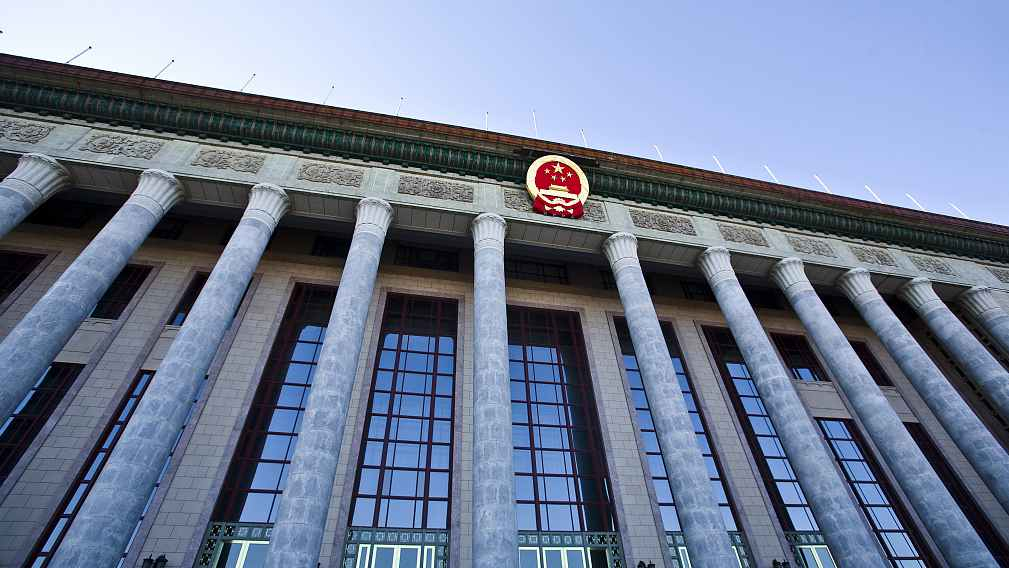
What measures will China take to grow its economy? How will the country tackle its "three tough battles" of risk, poverty and pollution? China's upcoming Two Sessions will give some important answers.
The 2019 national Two Sessions – made up of the second session of the 13th National Committee of the Chinese People's Political Consultative Conference (CPPCC), and the second session of the 13th National People's Congress (NPC) – will open on Sunday (March 3) and Tuesday (March 5) respectively.
Here's what we foresee.
Economic trends
China is the second largest economy in the world, contributing about 30 percent to global economic growth. Moreover, stable growth in 2019 is essential because it's considered a "key year" for China to reach its goal of building a moderately prosperous society in all respects by 2020.
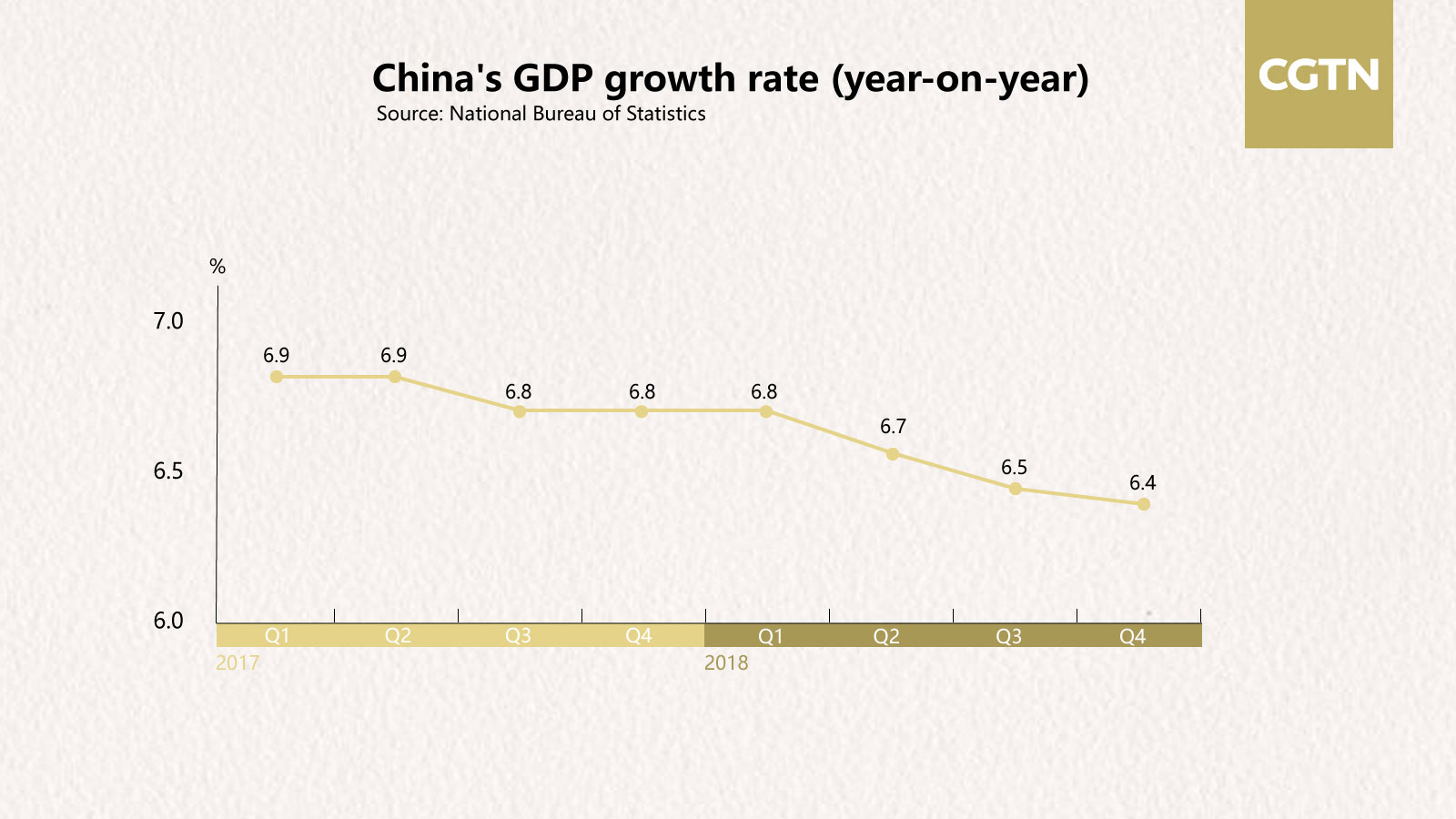
Though the country's gross domestic product (GDP) expanded by 6.6 percent in 2018, beating the official target of around 6.5 percent, growth in the fourth quarter slowed to 6.4 percent year-on-year, the lowest quarterly growth rate in a decade.
At the provincial-level, the Two Sessions that preceded the national event, a majority of Chinese provinces, municipalities and autonomous regions lowered their GDP growth targets for 2019 and stressed high-quality development with promises to nurture new industries and upgrade traditional ones.
What will be China's GDP growth target this year? How will the country maintain steady growth amid lingering downward pressure? Will concrete measures be unveiled to cut taxes and reduce fees as mentioned in a statement released after the Central Economic Work Conference in December? Answers are expected in Premier Li Keqiang's government work report.
Further opening-up
As the first year following the 40th anniversary of China's reform and opening-up, what more will be done to expand the country's openness?
"China's reforms will never stop and its door will only open even wider," Chinese President Xi Jinping said in his 2019 New Year speech.
One of the most important moves to promote the country's opening-up policy is China's draft foreign investment law, which will be deliberated in the upcoming plenary session of the NPC, the national legislature.
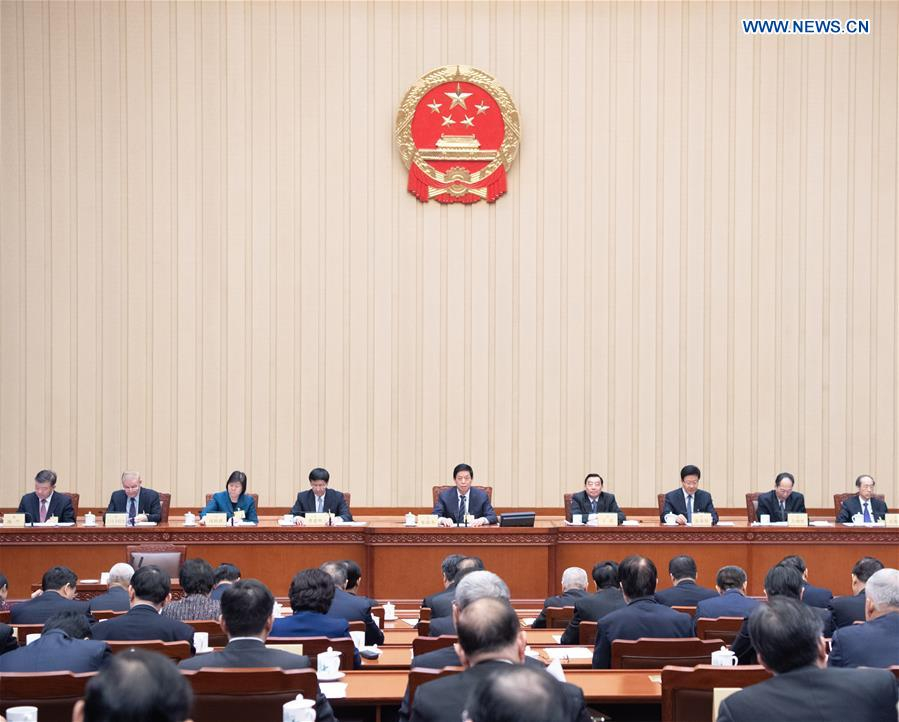
Li Zhanshu (C), chairman of the National People's Congress (NPC) Standing Committee, presides over the closing meeting of the eighth session of the 13th NPC Standing Committee in Beijing, China, January 30, 2019. /Xinhua Photo
Li Zhanshu (C), chairman of the National People's Congress (NPC) Standing Committee, presides over the closing meeting of the eighth session of the 13th NPC Standing Committee in Beijing, China, January 30, 2019. /Xinhua Photo
Once adopted, the unified law will replace three existing laws on Chinese-foreign equity joint ventures, non-equity joint ventures (or contractual joint ventures) and wholly foreign-owned enterprises.
By the end of October 2018, a total of nearly 950,000 foreign-funded companies had registered in China, bringing in an accumulated investment of over 2.1 trillion U.S. dollars and performing as a key driving force for China's economic and social development.
'Three tough battles'
The statement released after the annual Central Economic Work Conference said the country has won "the initial victory in its three tough battles" against risk, poverty, and pollution last year, and targeted efforts will be taken in 2019.
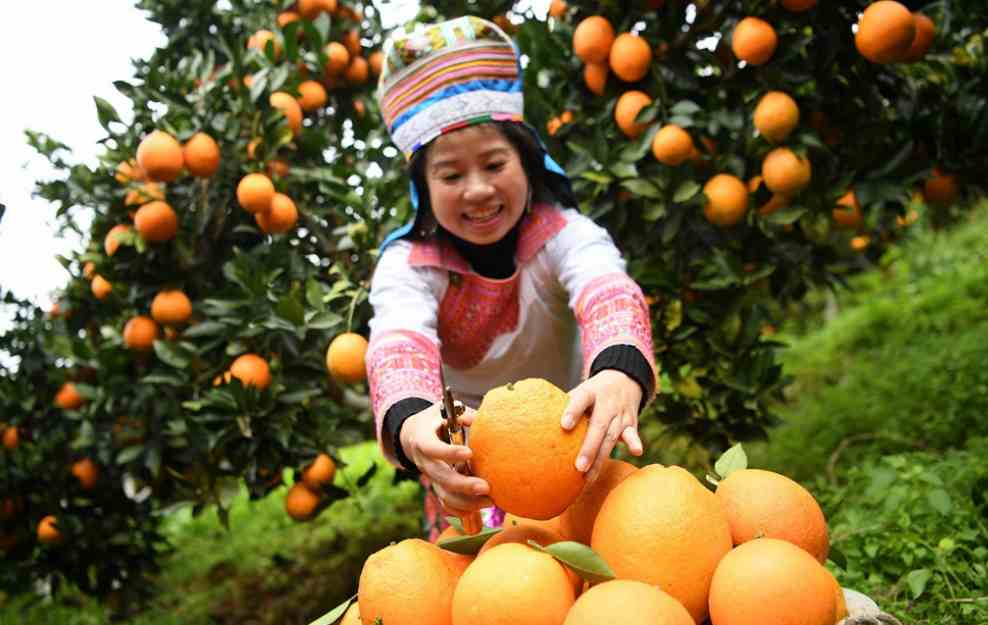
Harvesting oranges at a farm in Rongjiang County, southwest China's Guizhou Province, December 1, 2018. /VCG Photo
Harvesting oranges at a farm in Rongjiang County, southwest China's Guizhou Province, December 1, 2018. /VCG Photo
For instance, efforts to alleviate poverty will be doubled this year, with the goal of lifting all rural residents out of poverty and eliminating poverty in all poor counties and regions by 2020.
With about 13.86 million Chinese people lifted out of poverty in 2018, there were still 16.6 million poor rural residents nationwide by the end of the year.
Improving people's livelihood
During the Two Sessions, NPC deputies will submit motions or suggestions which can lead to legislation or policy adjustments, and political advisers – members of the National Committee of the CPPCC, China's top political advisory body – will put forward "proposals" and offer suggestions and opinions to the people's congresses and government agencies. All these motions, suggestions and proposals will influence decisions that will affect the daily lives of the Chinese citizens.
In a recent survey conducted by People's Daily Online on the hot topics for the upcoming Two Sessions, anti-corruption, comprehensively implementing the rule of law, social security, education reform, and the health industry topped the list. About 4.4 million people participated in the survey.
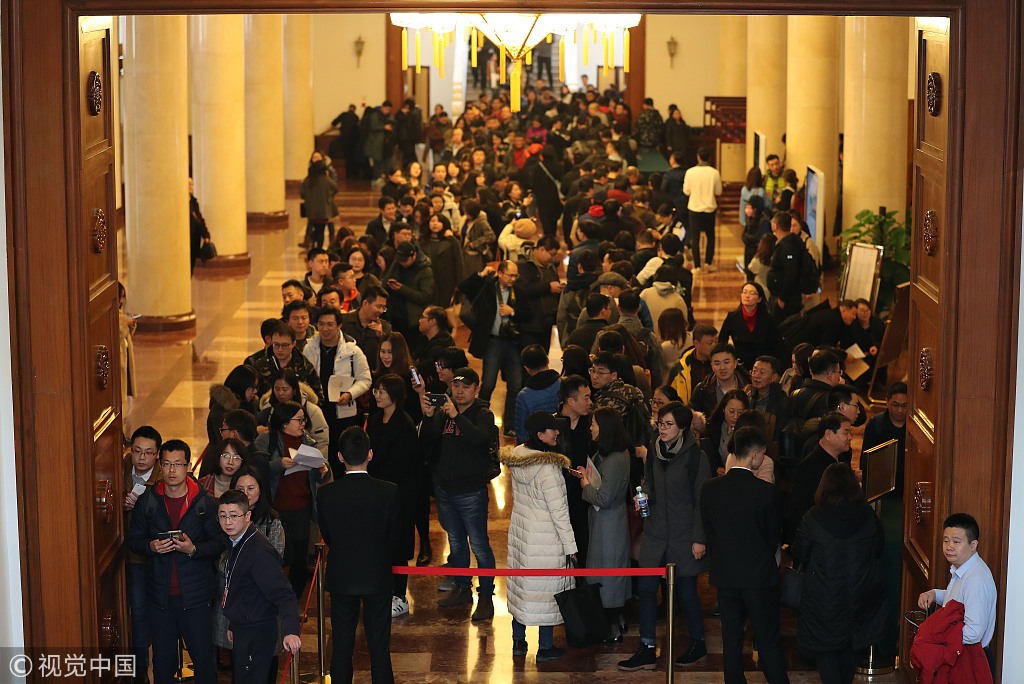
Journalists line up to get their press credentials for the 2019 Two Sessions, Beijing, capital of China, February 27, 2019. /VCG Photo
Journalists line up to get their press credentials for the 2019 Two Sessions, Beijing, capital of China, February 27, 2019. /VCG Photo
Throughout 2018, various departments of the State Council took the lead in handling 6,319 motions and 3,863 proposals. The government departments have adopted nearly 3,200 suggestions from the deputies and more than 1,400 related policies have been released.
Other things to watch for at China's annual political season include the 70th anniversary of the founding of the CPPCC, the progress in the institutional reform of the State Council and how the National Supervisory Commission has boosted the anti-graft campaign since its establishment last year.
(With inputs from Xinhua)
1km

SITEMAP
Copyright © 2018 CGTN. Beijing ICP prepared NO.16065310-3
Copyright © 2018 CGTN. Beijing ICP prepared NO.16065310-3